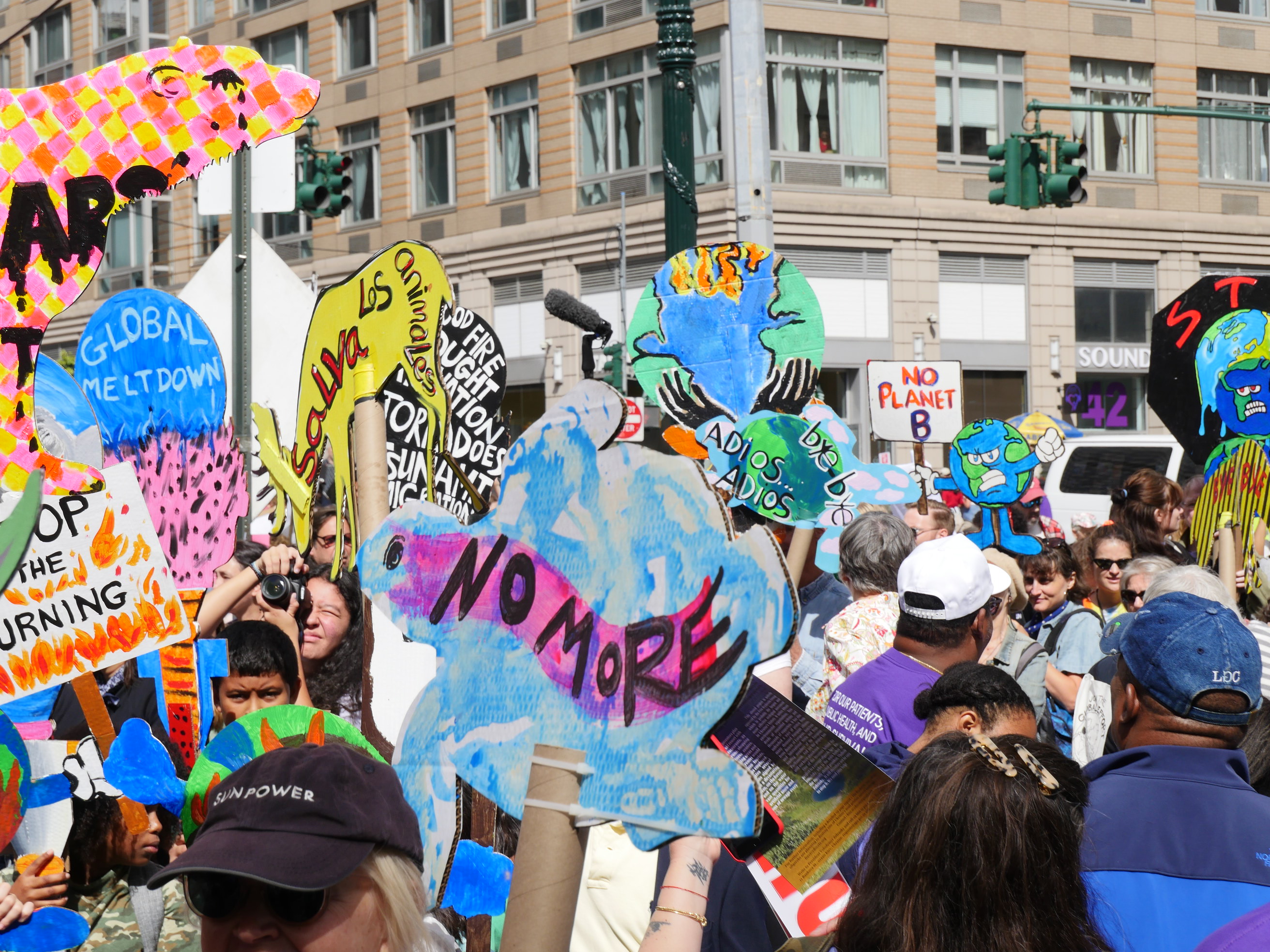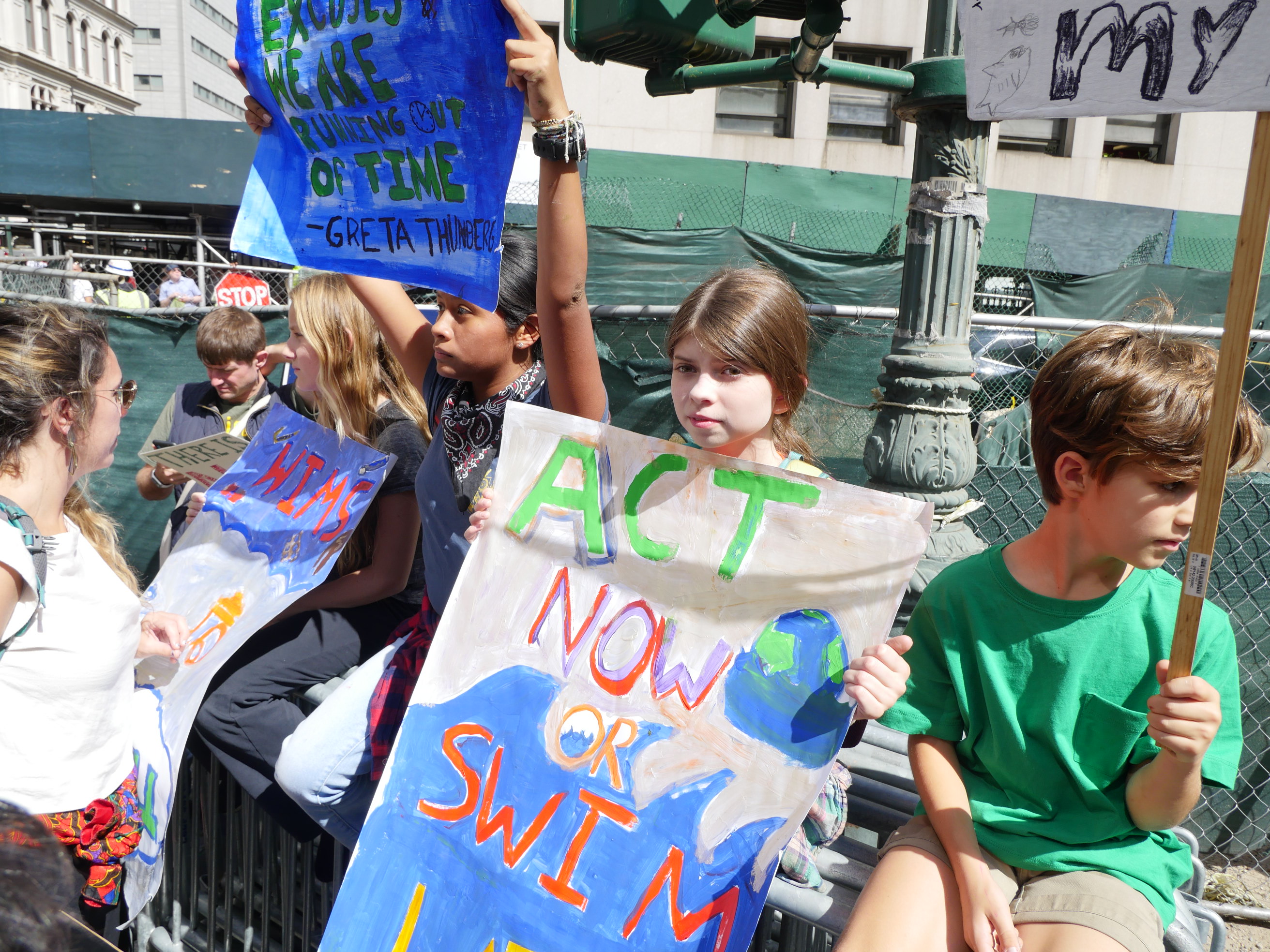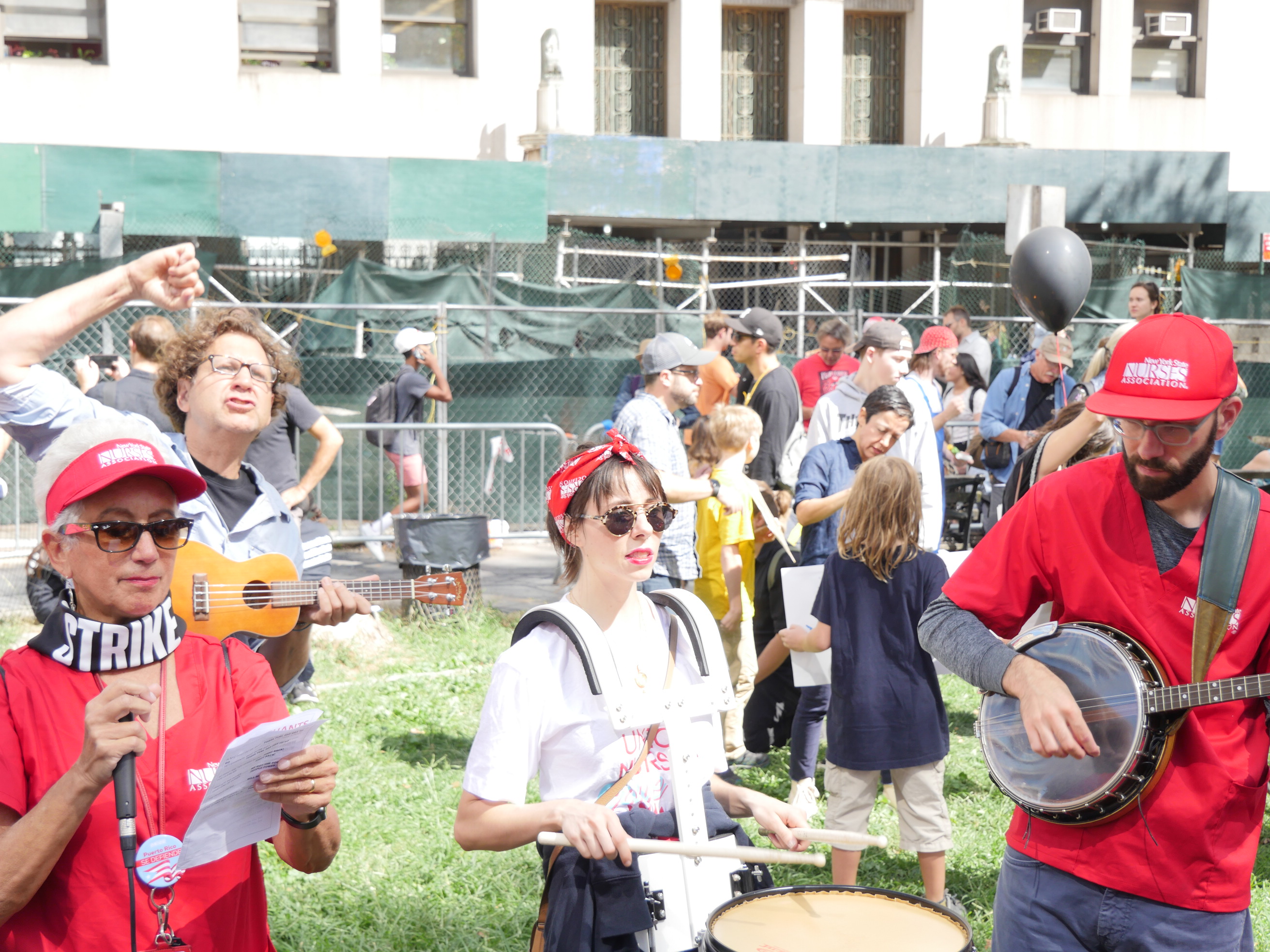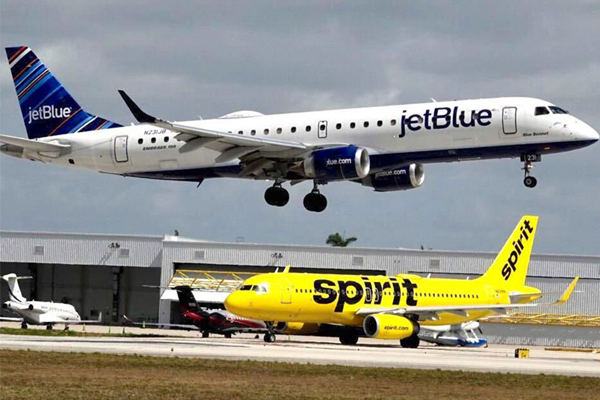
New York, NY – As young Global Climate Strike activists fight to decarbonize the economy and implement a Green New Deal before it’s too late — trade unionists in desperate need to boost union density have been given a golden opportunity to forge exciting new alliances with generations of youngsters extending far into the future. But will persistent skepticism surrounding a “just transition” to green collar jobs botch the whole thing?
Earlier this month, new statistics courtesy of the City University of New York School of Labor and Urban Studies delivered the sad news that even here in New York — the beachhead of organized labor where union membership is more than twice the national average — union density is slipping.
Many in organized labor understand that young people’s imaginations must be engaged in ways that not only induces them to be supportive of trade unionism, but also gets them interested in becoming trade unionists themselves.
“Youths are becoming more radical around these [climate change] issues — they’re also more interested in unions,” Amanda Trebach, a stroke unit nurse and National Nurses United [NNU] shop steward from Washington, D.C. told LaborPress ahead of Friday’s Global Climate Strike rally at Foley Square. “I just think it’s an awesome thing that’s going to happen and I hope unions can be involved in pushing for workers’ rights.”
To be sure, Global Climate Strike actions occurring September 20-27, do have significant union support. But as Amalgamated Transit Union [ATU] Vice-President Bruce Hamilton told LaborPress just prior to the week of Global Climate Strike actions, “The whole power of U.S. Labor is not being brought to bear on the question, and it really needs to be.”
Mike Hellstrom, Mason Tenders District Council assistant business manager, argues that if Global Climate Strike activists started “talking a working man’s language” they would see trade unionists “turn out in droves.”
“Nobody can disagree that there’s an environmental crisis; the facts are there — it’s real,” Hellstrom says. “What the environmental community has done time and again, is they never figured out what a ‘just transition is.’ We need a seat at the table to make sure there’s a just transition factored in at the beginning of the equation.”
While Green New Deal language is explicit in its commitment to good union jobs, many trade unionists currently working in sectors linked to the fossil fuel industry still fear that the move from blue collar jobs to green collar jobs will either create gaps in employment or leave them with jobs that simply don’t pay as well or provide the same level of benefits they presently demand.

Trade unionists supporting Global Climate Strike activists at Foley Square on Friday, also shared those very same concerns, however.
“Labor has the potential to have a united voice,” Brooklyn nurse Ellen McTigue told LaborPress. “Trying to figure out how to have a just transition away from the consumption [of fossil fuels] that we see today, is really important. But it’s really important not to lose jobs in the middle of that as well. So, really putting our heads together in figuring out how to make that happen in a very concrete way is a big challenge.”
Joanie Parker, an organizer with the Labor Network for Sustainability, said that Global Climate Strike activists and others in the environmental justice movement must, indeed, address workers’ concerns in order to “pull in” more trade unionists.
“I think that we have to be thinking about those concerns if we are going to be pulling in workers — and we do need to pull in workers to this environmental justice movement,” Parker said. “The only way we’re going to actually do that is to get their voices in the center. And the only way we’re going to do that is if we build relationships with workers — that’s what we have to do. The environmental justice movement, wherever we’re based, has to talk to workers and say, ‘What is it that matters to you?’”

Pertaining pipeline workers specifically, Parker said that unions need to know that their members who are already earning a “very good wage, benefits and pension” are going to be sustained throughout the transition to a green economy.
“And we can do that if we move resources out of the hands of the profit makers and into the communities,” Parker said. “We have to make our utilities public — that’s going to benefit everybody. If we had free transportation it would change everyone’s lives and it would be better for the planet. But we have to start by having workers in the center of discussions along with frontline communities of color.”
New York City Public Advocate Jumaane Williams, last week, also talked about the need for public utilities as part of a just transition to a green economy at a Jay Street press conference outside the offices of National Grid. National Grid is refusing to provide gas service to more than 2,500 area customers because plans to construct a new $1 billion pipeline running 24 miles underneath New York waterways have been blocked.
“Human nature is resistant to change,” the public advocate said. “The easiest thing to do is to build this pipeline — but if we do this thing correctly, all of the jobs that people are looking forward to in the Williams pipeline will come because we have to build a renewable energy infrastructure. We just have to, in our minds, make the switch that this is what we’re going to do. When it comes to times like this — we can’t just crumble — we have to continue to push forward.”
Williams added that he doesn’t want anyone to “lose a job” and that what he is advocating for is moving to renewable energy in a way that the “same person can have a job building out that infrastructure.”
Global Climate Strike activists maintain that there are more jobs in clean energy development than from carbon-producing fossil fuels.
“We can make that transition — but I certainly understand when we have men and women whose livelihoods are connected to the fossil fuel industry — we have an absolute obligation [to them],” DC37 Climate Justice Committee Co-Chair Jon Forster told LaborPress at Foley Square.

“It’s a totally important concern; a legitimate concern — and I think it’s a matter of us dialoguing more in terms of what’s possible,” Forster continued. “Particularly when we’re looking at stuff here in New York City with the creation of offshore wind, the creation of solar panels on buildings — we really do have the potential to create thousands and thousands of jobs. We just have to make sure those jobs are going to be, as much as possible, in the same places as the jobs we are losing.”
Hellstrom, meanwhile conceded that “just transition” skeptics “have to do a better job of not being so quick to shut down what the environmental community is talking about, because we live in the moment.”
Efforts to bring Green New Deal advocates and the broader labor community in greater coalition with one another are being made. Just a few days before the start of Global Climate Strike actions, Sunrise Movement co-founder Varshini Prakash called on activists across the environmental community to back the 50,000 United Auto Workers [UAW] employees engaged in a pivotal strike against General Motors [GM].
On Friday, a NYSNA — New York State Nurses Association — member named Laura stood with other trade unionists from Service Employees International Union [SEIU], Professional Staff Congress [PSC-CUNY], Communications Workers of America [CWA], United University Professions [UUP] and District Council 37 at the northeast section of Foley Square cheering as thousands of New York City school kids marched into the demonstration demanding a Green New Deal.
“I think people get caught up in how big this issue is and how much work and fighting has to be done to really be successful,” the Roberto Clamente community clinic RN said. “People just want to think about the day-to-day issues of putting food on the table, they get caught up in that and they get manipulated [into believing] that these things can’t happen. [But] we have to go back to our history where we were able to do a lot of things because the people got behind it and were willing to fight for it and make the sacrifices necessary. I don’t think they’ve gotten to the point where they really see that there won’t be a choice pretty soon.”



